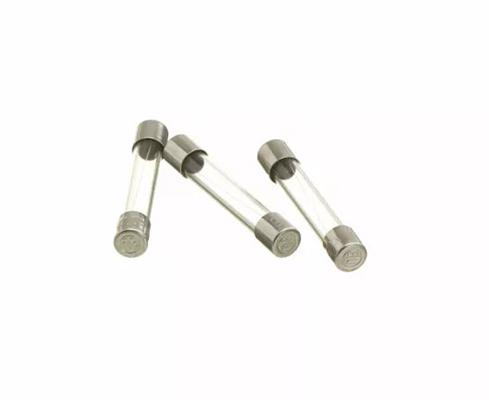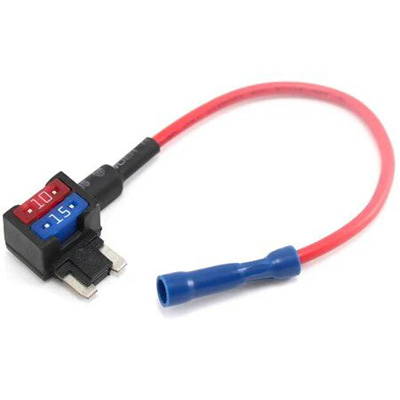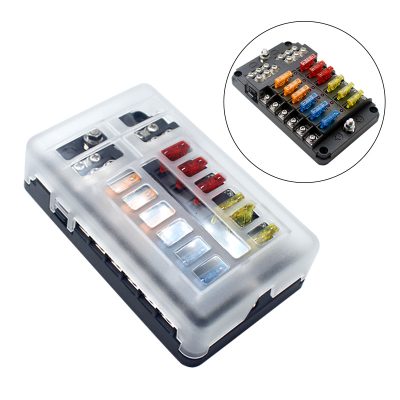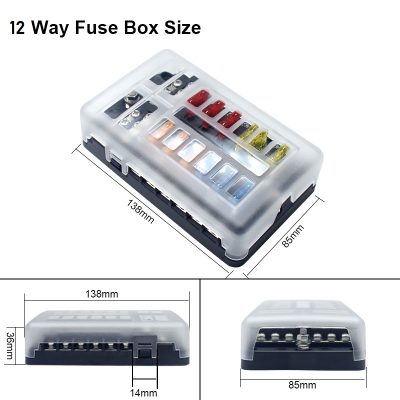The Importance of Glass Fuses in Protecting Automotive Battery Systems
News 2025-10-27
Glass fuses are essential components in automotive electrical systems, specifically designed to safeguard car batteries from damage caused by excessive current or short circuits. These fuses work by interrupting the flow of electricity when abnormal conditions occur, thereby preventing potential hazards such as fires or component failures. Made from a glass tube with metal caps and a fusible link, they offer a reliable and straightforward solution for circuit protection. In the automotive industry, their use extends to various applications, ensuring that batteries and connected devices operate safely and efficiently under diverse driving conditions.

Key Application Scenarios
In automotive settings, glass fuses are commonly installed in battery circuits to protect against overloads from issues like faulty wiring or malfunctioning accessories. They are integral to fuse boxes that manage power distribution to components such as lighting systems, entertainment units, and engine controls. Beyond traditional vehicles, glass fuses play a role in electric and hybrid cars, where they help regulate high-voltage systems during charging and operation. Their versatility also makes them suitable for aftermarket modifications, including custom audio installations or auxiliary lighting, providing targeted protection without compromising system integrity.
Performance Benefits
Glass fuses excel in their rapid response to overcurrent situations, quickly breaking the circuit to limit damage to sensitive electronics and extend battery life. Their transparent design allows for easy visual inspection, enabling users to identify and replace blown fuses swiftly, which reduces downtime in automotive maintenance. Additionally, these fuses are highly durable, performing well across a broad range of temperatures and environmental conditions typical in vehicles. Cost-effectiveness and widespread availability further enhance their appeal, making them a preferred choice for both manufacturers and consumers seeking efficient protection solutions.
Frequently Asked Questions
1. What are the common current ratings for glass fuses in cars?
Answer: Glass fuses for automotive use typically range from 5 to 40 amps, selected based on the specific circuit and vehicle requirements to ensure proper protection.
2. How can I replace a blown glass fuse in my car?
Answer: To replace a blown glass fuse, locate the fuse box, identify the faulty fuse by visual inspection, and insert a new fuse with the same amperage rating to maintain safety and functionality.
3. Are glass fuses suitable for modern electric vehicles?
Answer: Yes, glass fuses can be used in electric vehicles for certain low-voltage applications, but high-voltage systems may require specialized fuses for optimal performance and safety.


